|
Formative assessment stands out as one of the most powerful instructional strategies, seamlessly integrated into all stages of the student learning journey. From activating prior knowledge to monitoring progress and providing feed-forward, it plays a vital role. Through a blend of theoretical insights and hands-on activities, our participants have the opportunity to enhance their awareness of students' understanding using effective and straightforward assessment and feedback methods. The new edition of the course “Effective formative assessment and feedback management in education” took place in Bologna from 25/02/2024 to 01/03/2024. The participants came from all across Europe with Hajnalka Major from MNÁMK-UBZ Baja in Hungary; Kaylee van Kerkoerle from Frits Phillips in the Netherlands; Anabela Quadrado, Ana Paula Alpalhão from Agrupamento da Escolas da Vila Viçosa in Portugal; Taina Lento, Kirsti Österman from Vaskivuori Upper Secondary School in Finland; Ralitsa Vasileva Bencheva Valevska, Sonya Ivanova Dimovska, Sonya Koleva Pencheva, Bonka Ivanova Zuneva Minkova from Ivan Hadzhiyski Basic School in Bulgaria. The course began by tapping into participants' existing knowledge on formative assessment. They were encouraged to share what they already knew and their learning goals for the week. Our first topic was the assessment cycle and the difference between formative and summative assessment. Through group brainstorming and digital quizzes, we explored the key variances between these assessment types, aiming to understand their goals and characteristics. This was also a chance to discuss challenges and questions on the course topic. We then delved into the main tools and types of formative assessment that can be used in teaching. Emphasis was placed on relevant digital tools that allow teachers to monitor students' progress in real-time and use entry and exit tickets to engage students and prompt reflection on their learning. Feedback, as a crucial formative assessment strategy, was another focus of the week. Through group discussions and role plays, we identified best practices for giving effective feedback and established a protocol for receiving it constructively. An engaging challenge prompted participants to consider the importance of fostering a growth culture in the classroom, where feedback is viewed as an opportunity for growth and care. 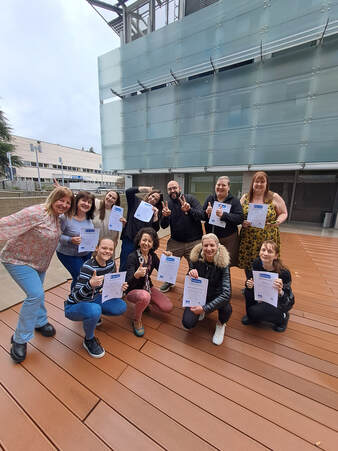 Beyond teacher-student feedback, we also explored how students can be resources for each other through peer learning and feedback strategies. Participants shared their experiences with using rubrics to clarify assessment criteria and create a safe peer assessment environment. We discussed self-assessment as a means to improve students' and teachers' ability to check their own progress. Developing self-awareness and self-motivation can greatly enhance student engagement and commitment to learning, while also aiding teachers in evaluating their teaching practices. Lastly, we incorporated activities dealing with the concept of empathy, and as a final addition we checked and reflected on some powerful tools shared by the participants. With these ideas in mind, participants held a self-reflection on the training week and discussed upcoming goals and intentions to put into practice the knowledge learnt. Discover more about this course here |
Welcome to the ELA Blog. Here you will find articles and photos of our courses and have a look at the topics addressed during the week in Bologna, Palermo and Tenerife. You will also have the chance to take a peek at our projects and check out what we have been up to.
Archives
July 2024
Categories |
-
Course catalogue
- 2023-2024 course catalogue
- Soft Skills >
- ICT and New Technologies >
- Inclusion and Diversity >
-
Innovative Teaching Methods
>
- Innovative teaching methods discovery
- Non-formal education teaching methods
- Dual education and work-based learning
- Teaching leadership and entrepreneurship
- Project based learning
- Game based learning and gamification
- Green skills
- Outdoor education
- Outdoor education trekking edition
- Promoting creativity and critical thinking
- Languages and EU projects >
- Preschool >
- Erasmus Plus KA1
- What we do
- About us
- Locations
- Blog
- Contact us
 English
English български
български Čeština
Čeština Español
Español Français
Français ελληνικά
ελληνικά Italiano
Italiano Polski
Polski Português
Português Română
Română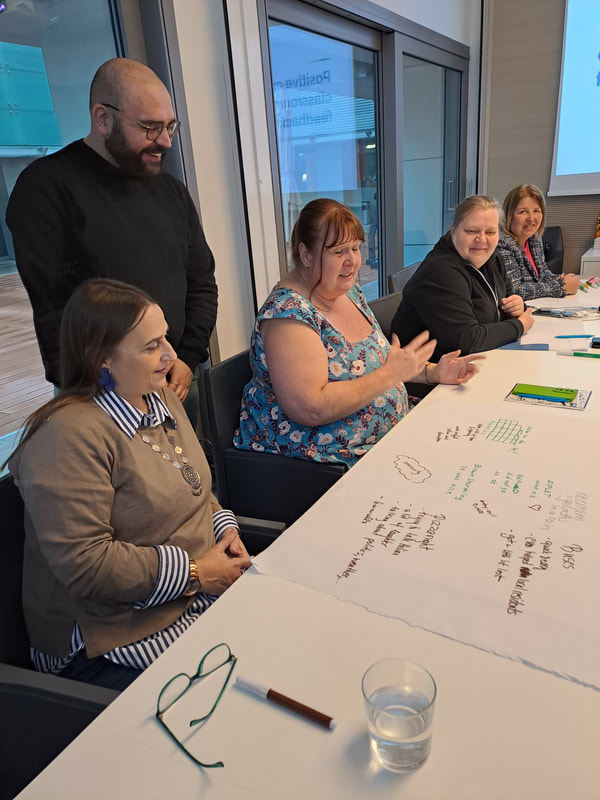
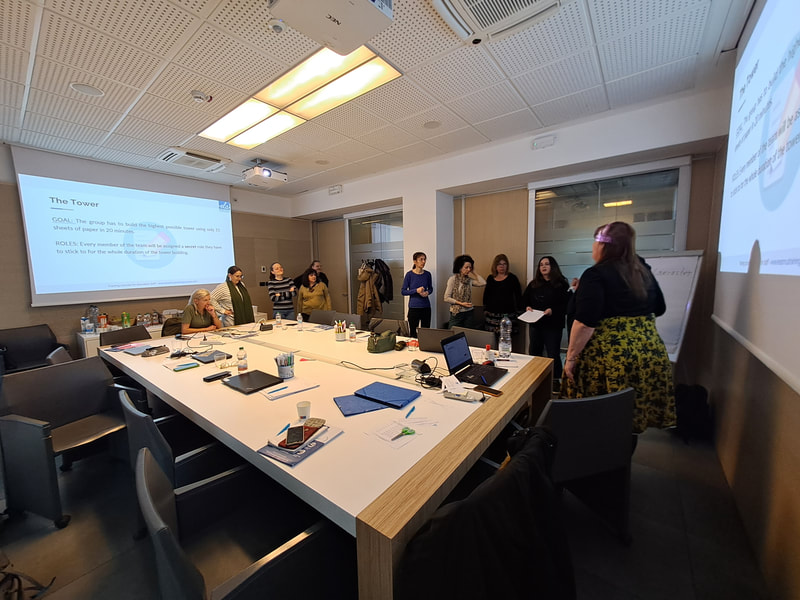
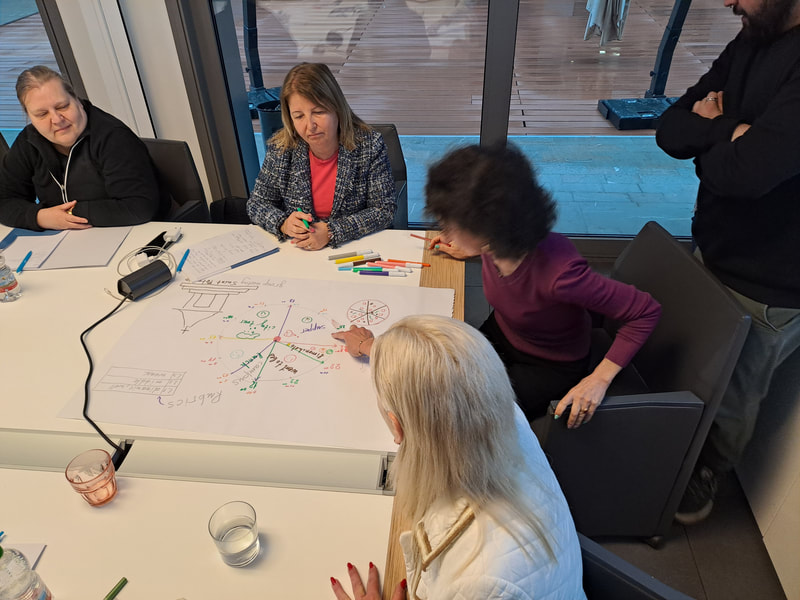
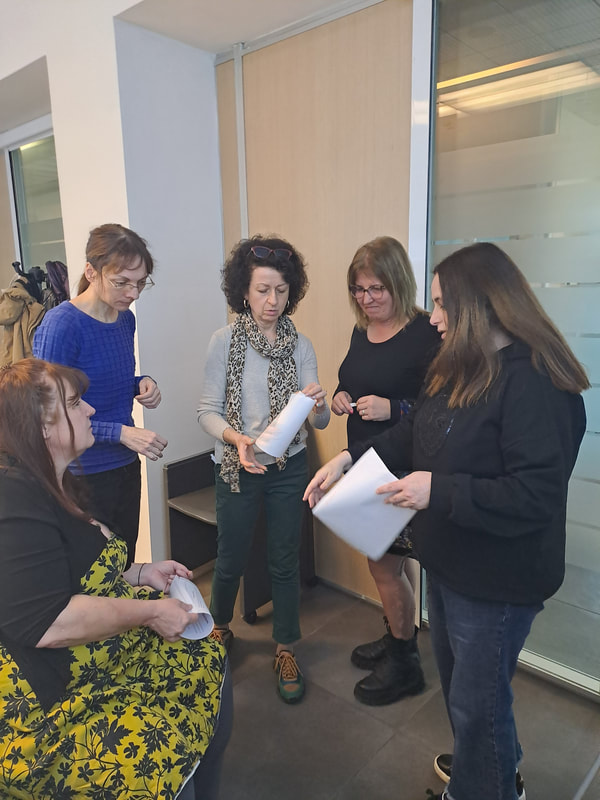
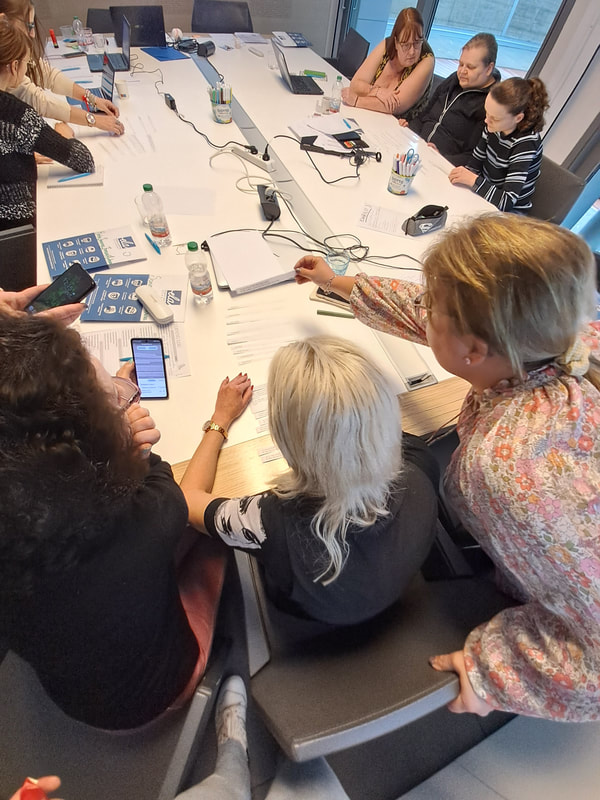
 RSS Feed
RSS Feed









